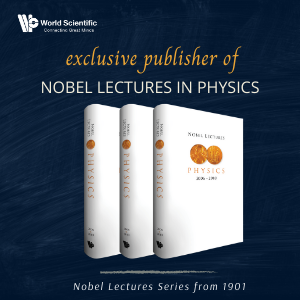System Upgrade on Tue, May 28th, 2024 at 2am (EDT)
Existing users will be able to log into the site and access content. However, E-commerce and registration of new users may not be available for up to 12 hours.For online purchase, please visit us again. Contact us at customercare@wspc.com for any enquiries.
Neutron scattering has become a key technique for investigating the properties of materials on an atomic scale. The uniqueness of this method is based on the fact that the wavelength and energy of thermal neutrons ideally match interatomic distances and excitation energies in condensed matter, and thus neutron scattering is able to directly examine the static and dynamic properties of the material. In addition, neutrons carry a magnetic moment, which makes them a unique probe for detecting magnetic phenomena.
In this important book, an introduction to the basic principles and instrumental aspects of neutron scattering is provided, and the most important phenomena and materials properties in condensed matter physics are described and exemplified by typical neutron scattering experiments, with emphasis on explaining how the relevant information can be extracted from the measurements.
Sample Chapter(s)
Chapter 1: Introduction (205 KB)
Contents:
- Basic Principles of Neutron Scattering
- Instrumentation
- Structure Determination
- Lattice Dynamics
- Liquids and Amorphous Materials
- Magnetic Structures
- Magnetic Excitations
- Crystal-Field Transitions
- Phase Transitions
- Superconductivity
- Superfluidity
- Defects in Solids
- Surfaces and Interfaces
- Hydrogen Dynamics
Readership: Graduate students, researchers and lecturers in condensed matter physics.























